In a shocking turn of events, Virgin Orbit, the satellite launch company founded by British billionaire Sir Richard Branson, has filed for Chapter 11 bankruptcy in the United States. The company, which had halted operations weeks ago, failed to secure new investments, leading to this dire outcome.
The California-based company, which launches rockets from modified Boeing 747 planes to send satellites into space, halted operations several weeks ago and announced last week that it would cut 85% of its workforce, leaving only a skeleton crew to manage the fallout of this catastrophic collapse.
This news comes as a significant blow to Sir Richard’s ambitious plans for his space ventures, as Virgin Orbit was a spin-off from his space tourism company Virgin Galactic.
Despite “great efforts” to address their finances and secure more funding, Virgin Orbit’s boss, Dan Hart, acknowledged that they must do what’s best for the business. The company will now concentrate on finding a buyer for the business to provide some clarity on the future of the company to its customers, vendors, and employees.
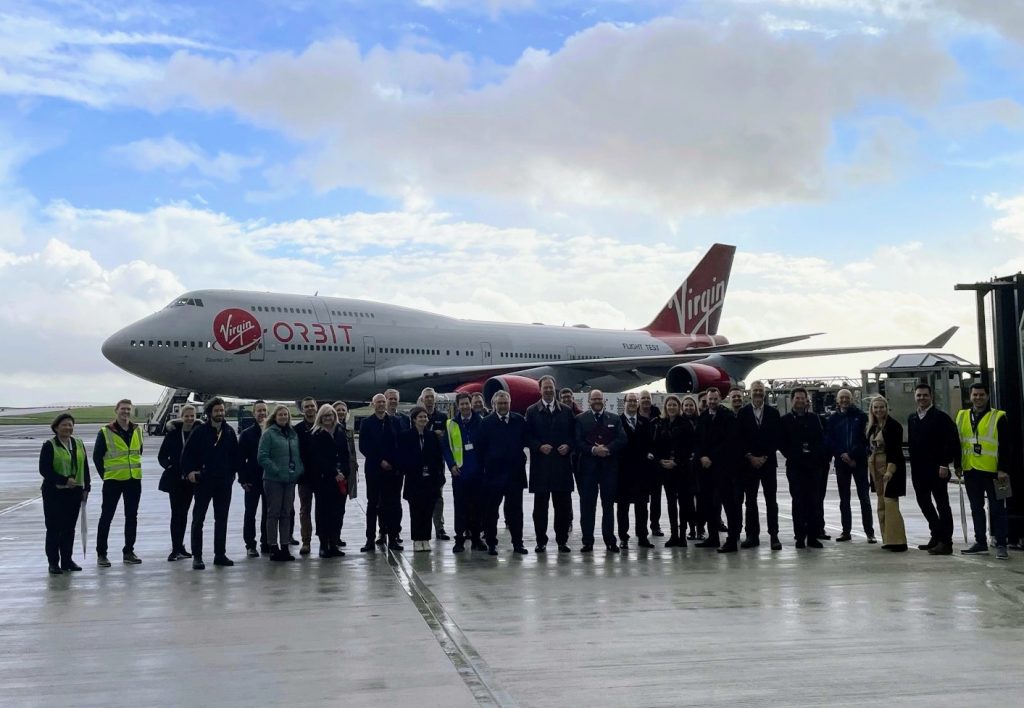
Earlier this year, Virgin Orbit suffered another setback when its rocket failed to complete its first-ever satellite launch from UK soil. An attempt to send a satellite into orbit failed because of a dislodged rocket fuel filter, causing one of the engines to overheat.
This latest development is sure to send shockwaves through the industry and raise concerns about the future of space exploration. The space race continues, and it remains to be seen who will emerge victorious.
This announcement follows the Company’s previous statement about reducing its workforce due to an inability to raise sufficient out-of-court capital to continue operating its business at the current run-rate.
“The team at Virgin Orbit has developed and brought into operation a new and innovative method of launching satellites into orbit, introducing new technology and managing great challenges and great risks along the way as we proved the system and performed several successful space flights – including successfully launching 33 satellites into their precise orbit. While we have taken great efforts to address our financial position and secure additional financing, we ultimately must do what is best for the business. We believe that the cutting-edge launch technology that this team has created will have wide appeal to buyers as we continue in the process to sell the Company. At this stage, we believe that the Chapter 11 process represents the best path forward to identify and finalize an efficient and value-maximizing sale,” said Dan Hart, CEO of Virgin Orbit.
“I’m incredibly grateful and proud of every one of our teammates, both for the pioneering spirit of innovation they’ve embodied and for their patience and professionalism as we’ve managed through this difficult time. Today my thoughts and concerns are with the many talented teammates and friends now finding their way forward who have been committed to the mission and promise of all that Virgin Orbit represents. I am confident of what we have built and hopeful to achieve a transaction that positions our Company and our technology for future opportunities and missions.”
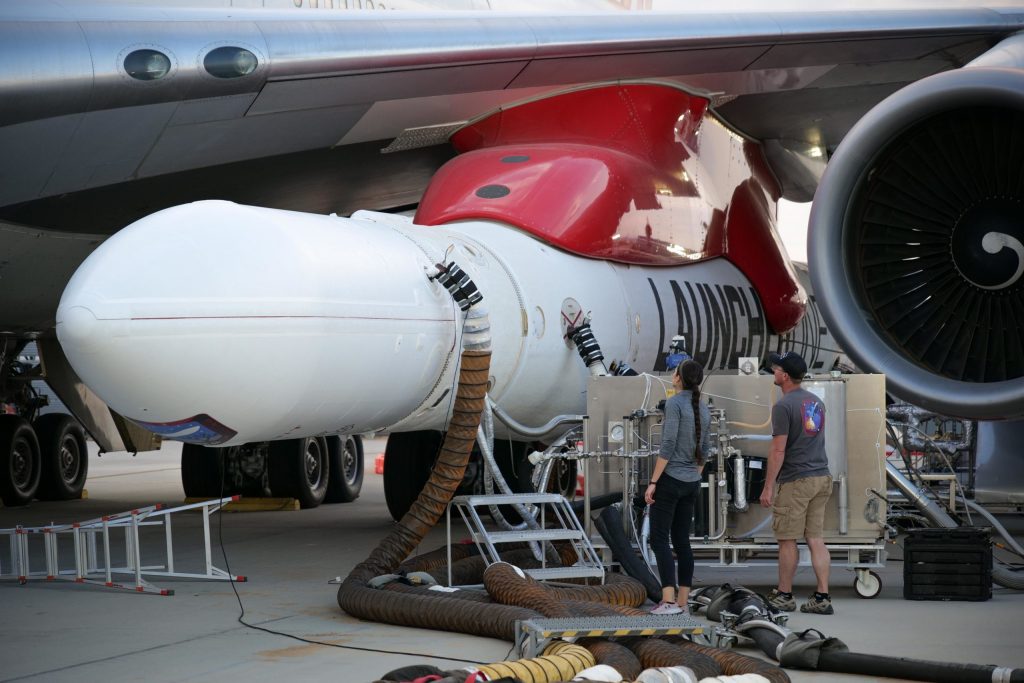
This move comes after the company halted operations in an attempt to conserve cash. The company had debts of £123m ($153.5m) as of September last year and had been searching for new funding following a failed rocket launch from Spaceport Cornwall earlier this year.
Virgin Investments, part of the Virgin Group, is providing $31.6m in new funding to aid the process of finding a buyer. Despite the setback, former president of Virgin Galactic Will Whitehorn believes that the business deserves a second chance due to the high demand in the industry.
“What you have got to remember is they have got nearly 50 satellites into space already, so I think there’s a chance they’ll be back,” he said.
Melissa Quinn, head of Spaceport Cornwall, said the news about Virgin Orbit was “very sad” but said the site would “remain focused on furthering the international space industry”.
She said it was the only licensed spaceport in the UK, had multiple users and was working with other launch operators, such as US company Sierra Space.
A UK Space Agency spokesman says the government remains committed to a “dynamic UK spaceflight sector”. Several other companies are hoping to conduct UK missions by 2024.

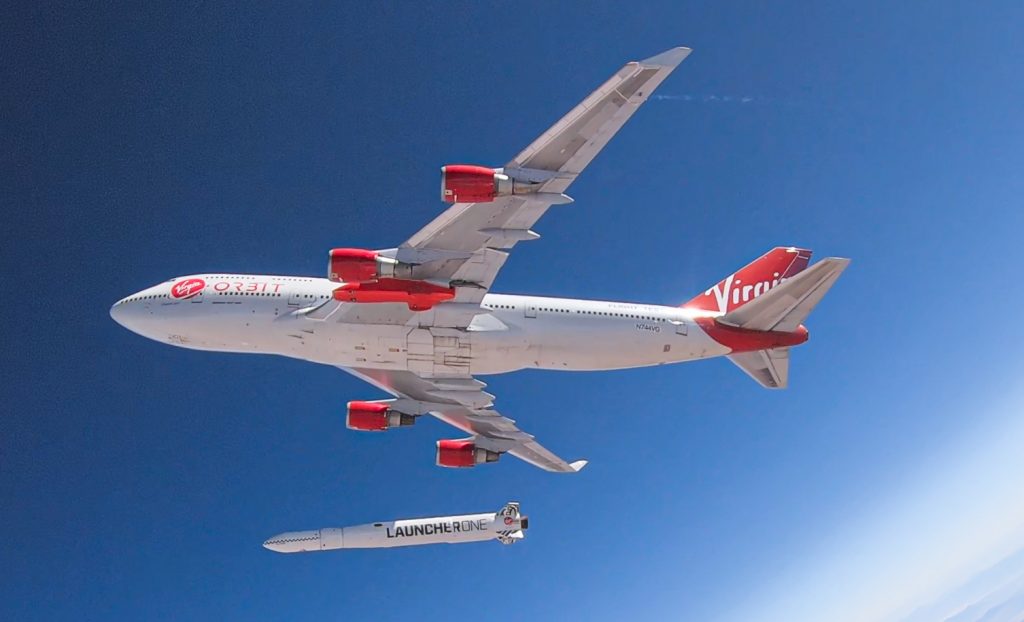



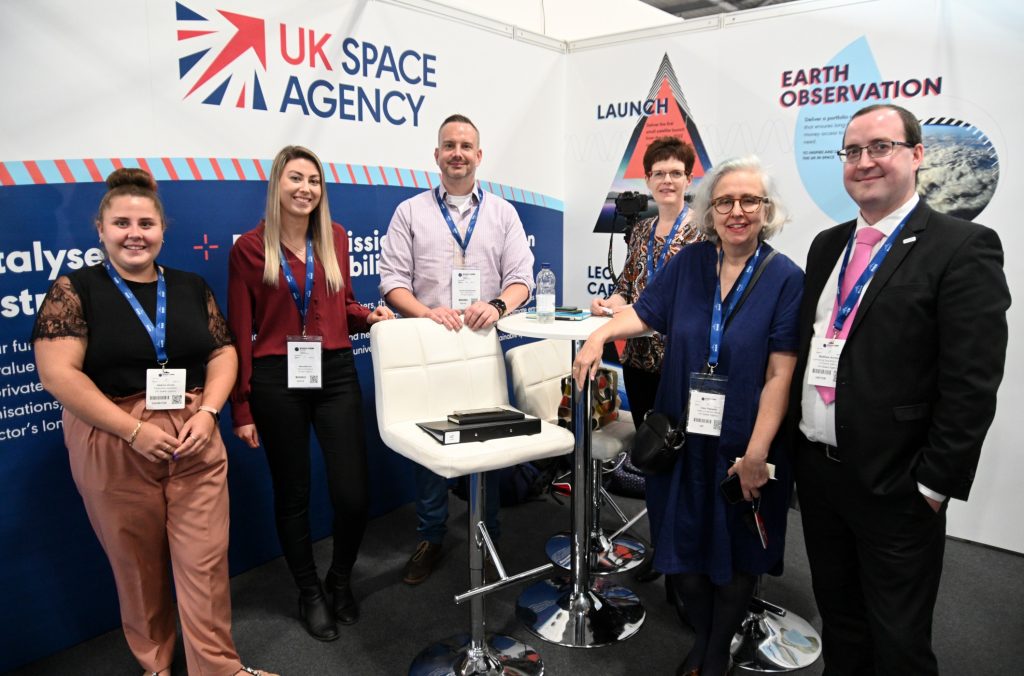
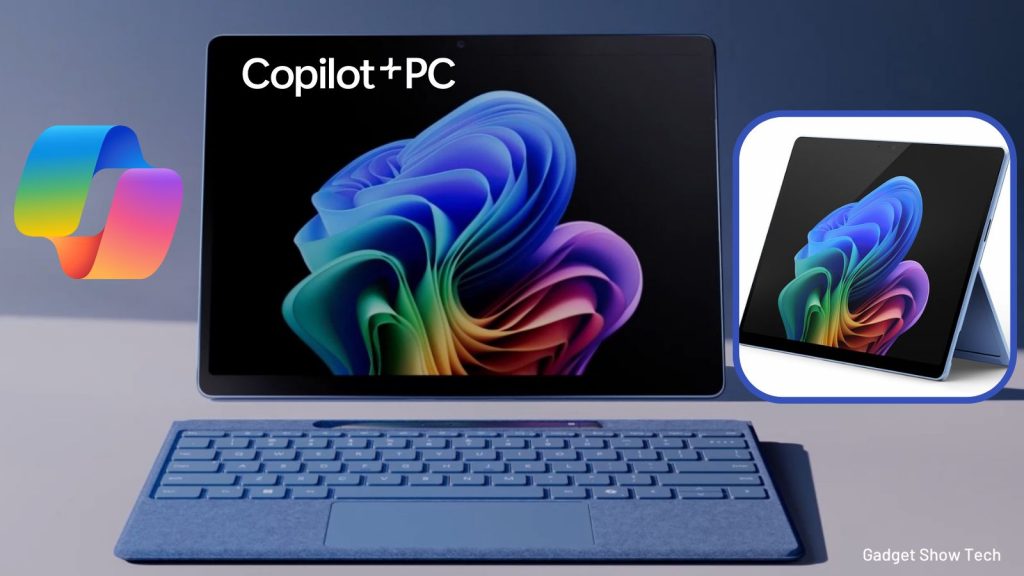
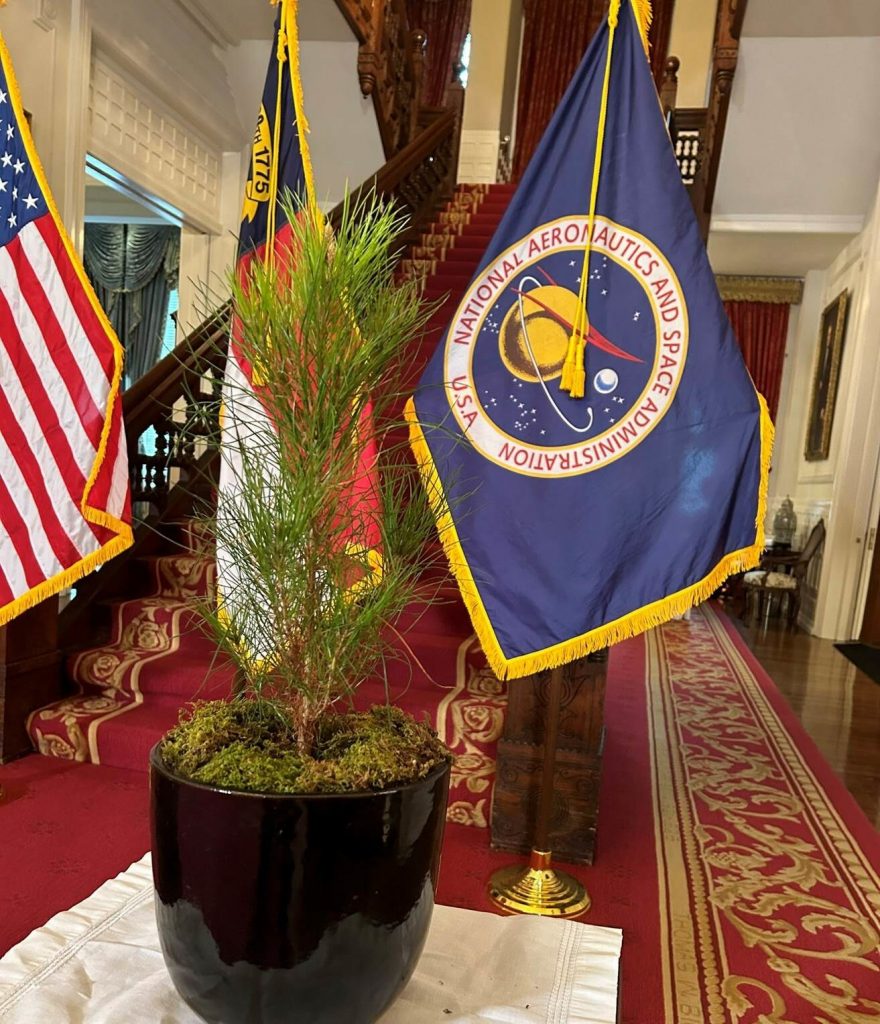

You must be logged in to post a comment.